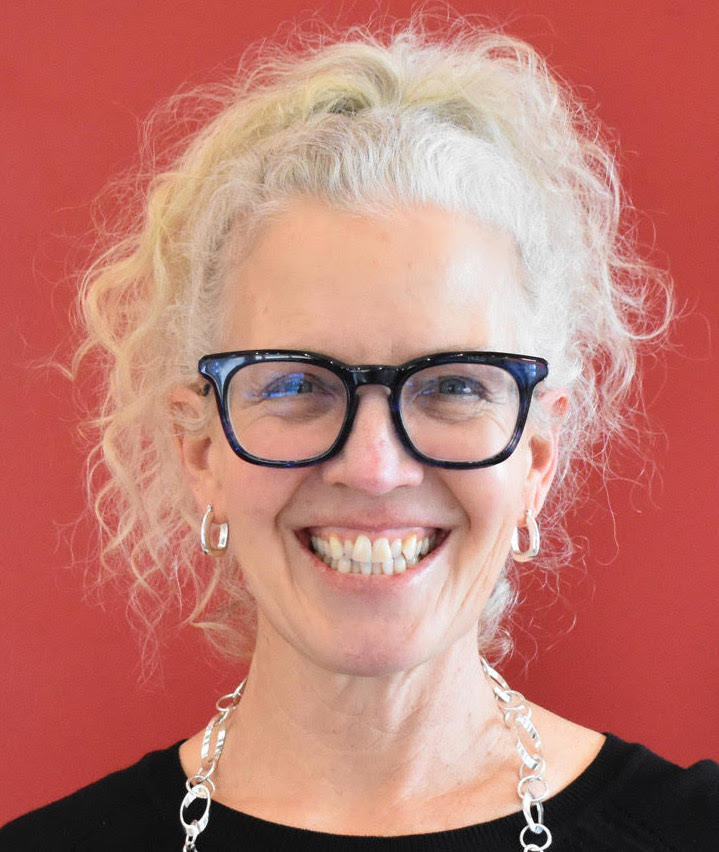
Fellows come from all over the university, bringing their particular passions and living out the public purpose of their discipline through teaching and researching in, with and for community.
See Details
Unmet health-related social needs (HRSN) – such as unstable housing, food insecurity and lack of reliable transportation – exacerbate poor health and quality-of-life outcomes. Health care organizations are increasingly screening patients for unmet HRSNs and developing interventions to address identified needs through cross-sector partnerships with local community-based organizations (CBO) to provide whole-person care. Critical to the screen-and-refer process to advance health equity are trained community members. These “patient navigators” contact patients who have screened positive for one or more HRSN and connect patients to local CBOs to meet those needs.
The Social Care Navigation Practicum is a three-credit course that trains students how to integrate social care into the delivery of health care by collaborating with Cayuga Health and embedding trained students (either virtually or in person) into the care delivery pathway as care extenders and resource navigators who will connect patients to local CBOs. Students receive training in HRSN-screening best practices, integrating social screening into electronic health records, care coordination and care delivery documentation, database management, cultural competency and principles of complex care management such as meeting patients where they are, trust-building and understanding complex interactions between structural racism, poverty, social drivers of health and health inequities.
Supported by readings, lectures, guest presenters, interactive roleplaying, reflection and training in and access to Cayuga Health’s CBO referral and navigation database, students will develop skills to work collaboratively with patients, participating clinician practices, community health workers and not-for-profit organizations to provide social care navigation to patients to improve health outcomes and health equity of Tompkins county residents. Students who successfully complete the course will have an opportunity to be hired as patient navigators by the local health system over the summer and beyond.
The course is co-taught by Engaged Faculty Fellow Julie Carmalt and Grace Parker Zielinski, MEd, community health coordinator, Cornell Cooperative Extension of Tompkins County who created the program in partnership with Cayuga Health. Carmalt aims to help scale up the initiative and increase the number of students participating in community-engaged learning while meeting an unmet community need.


